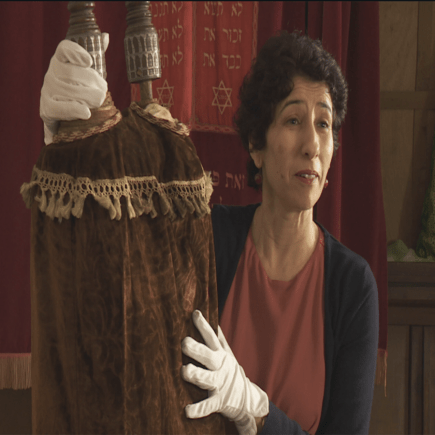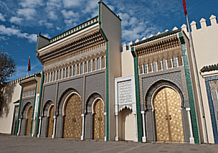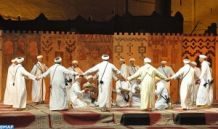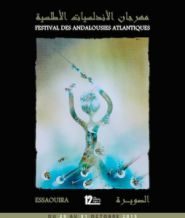
Simone Bitton, the Paris-based, French-Moroccan director debuts in the Master’s section of the International Documentary Film Festival (IDFA) with“Ziyara.” Bitton’s work has primarily focused on the historical past and cultures of North Africa and the Center East. The Masters section of the IDFA is arguably the most prestigious of the documentary film competition’s strands. Bitton born the daughter of a Jewish jeweler in Morocco. She describes herself as a Mizrahi Jew. After settling in France, where she now mainly lives she graduated from the Institut des hautes études cinématographiques in 1981.
Bitton has varied feelings in regards to the accolade, stating “I don’t consider myself a master,” she says. “I know that I have some kind of experience and maybe my experience is a little particular, but to be a master, I’m not sure I like it. It puts you in a category, it labels you: ‘That’s it, that’s what she’s doing’ and I hope to do more films and maybe different films. Nonetheless, I take it as an honor.”
For her newest film, Bitton returned to her homeland, Morocco, the place of “Ziyara” or “the visit of the saints which is a well-liked custom shared by both Jews and Muslims. Pilgrims spend a couple of days visiting the tombs of saints to share their wishes and commune with nature, celebrate outdoors, meet new people and exchange ideas, and Bitton uses this as a way to understand the Moroccan nation’s Jewish heritage.
In the 1950s, some 300,000 Jews lived in Morocco, though most, along with Bitton’s family, left the country after the Israeli Six-Day War in 1967. Their presence can still be felt in Morocco’s mellahs, cemeteries, synagogues, and shrines. Bitton has chosen to travel to these places, interviewing those who wish to reminisce about the 1950s, including the young people and scholars who are inspired by these untold stories.
In all ways, it is a very personal journey for Bitton. “I go to the very place where all of me started,” she says. “Morocco is the place where I was born and where my family name is on the tombs. Bitton is a common Jewish name in Morocco and it’s powerful when you discover this history. I left Morocco when I was 11, and I started coming back about 15 years later, visiting more often, with the growing feeling that I’m becoming more myself by going back.”
However, the movie itself is not a personal journey into her family’s history: she mentions her relatives in passing, and although Bitton uses images from her private family photo album, including pictures of her mother and father, she doesn’t dwell on them. For Bitton, it’s the broader story, one that can be gleaned from these old symbols, visiting the religious sites, and investigating this past, that is of interest. “Moroccan Jews and Arab Jews in general, we are like dinosaurs,” she says. “We are like a disappearing species. After one generation, there will be no more of us. There are already very few of us who define ourselves as Arab Jews. We are scattered, we became British, French, Israelis, whatever. The children no longer talk Arabic, it was an exodus, and it went very, very fast.”
The concept of “Ziyara” started when Bitton began to visit Jewish cemeteries and shrines in Morocco. “What happened was, [after] meeting these modest, humble Muslim families who are taking care of these places, first of all, my dialect came back. I thought I had forgotten everything. In Morocco, I was recognized for what I am, and it was a very strong feeling. When it happened, I thought, ‘I must make a film with these people.’”
As she has achieved throughout her illustrious career, Bitton brings an inimitable and thought-provoking new perspective to the complexities of the Arab world. “I was interested in the trauma of the Muslims who have been deprived of their Jewish neighbors and Jewish friends,” she says. “I think that the Moroccan society and all the Arab societies are still traumatized by having lost their Jews. This is not said very often, but I think it’s time to address it, before it’s too late.”





